The context of digital transformation in Vietnam in the period 2026-2030 is a pivotal stage in the process of implementing the national digital transformation program. Therefore, each journalist and editor not only needs to be good at professional expertise but also needs to be knowledgeable about technology and able to adapt quickly to changes in the digital environment.
Editor's note: Digital transformation has become one of the main driving forces for fundamental changes in all areas of economic and social life, including journalism and media. In Vietnam, the Party and State have identified digital transformation as a central, urgent, and consistent task in the national development strategy, concretized by the National Digital Transformation Program and the Press Development Strategy to 2030. In that context, the Journalism and Media industry is facing both great opportunities and challenges. On the one hand, digital technology helps to increase the speed of information dissemination, expand distribution channels, diversify forms of expression and enhance interaction with the public. On the other hand, it also poses new requirements for journalists in terms of the ability to access, master and apply technology in the process of producing and distributing content. Faced with that reality, digital skills are no longer a supplementary capacity but have become a prerequisite for journalists to successfully complete their tasks in the digital age. From the ability to collect and process information on digital platforms, use artificial intelligence tools, to data analysis, information security protection and ethical behavior in cyberspace - all require thorough, systematic preparation and are appropriate for each stage of development. This paper focuses on analyzing digital skill requirements for the Vietnamese Journalism and Communications industry in the period 2026-2030 and vision to 2045, thereby proposing solutions and strategies to build a modern, professional press force with the capacity to integrate and serve the Fatherland. | |
Digital skills demand in the period 2026–2030
The context of digital transformation in Vietnam in the period of 2026-2030 is a pivotal period in the process of implementing the national digital transformation program. In which, the press and media have the task of informing and propagating, orienting public opinion and truthfully reflecting the socio-economic life and protecting the Party's ideological foundation in cyberspace. Therefore, if the press wants to fulfill its tasks well in the digital age, the press and media must also be a pioneer in applying digital technology and be an effective propaganda tool to change the awareness of the entire population towards the national digital transformation.
During this period, the rapid development of artificial intelligence, big data, blockchain technology, metaverse and digital media platforms has created both new opportunities and challenges for Vietnamese journalism and media. Therefore, each journalist and editor not only needs to be good at professional expertise but also must be knowledgeable about technology and able to adapt quickly to changes in the digital environment.
Core digital skills required for journalists
Multimedia content production skills: Proficient in filming, editing videos , taking photos with mobile devices, editing interactive news articles, creating infographics, producing podcasts and professional livestreams.
Content publishing and distribution skills: Mastering CMS, optimizing SEO/SEM, analyzing trends with Google Trends, using YouTube Studio, Meta Business Suite to expand reach.
Data analysis skills: Apply Google Analytics and Data Studio to track content performance, identify public news consumption habits and behaviors.
AI Application Skills: Leverage ChatGPT, Deepseek, Grammarly, Descript and other tools to improve program production efficiency and journalistic content quality.
Digital safety and ethics skills: Understanding of cybersecurity laws, information security techniques, detecting fake news, deepfake and having professional courage to handle complex media situations.
And there are many other skills that journalists need to learn.
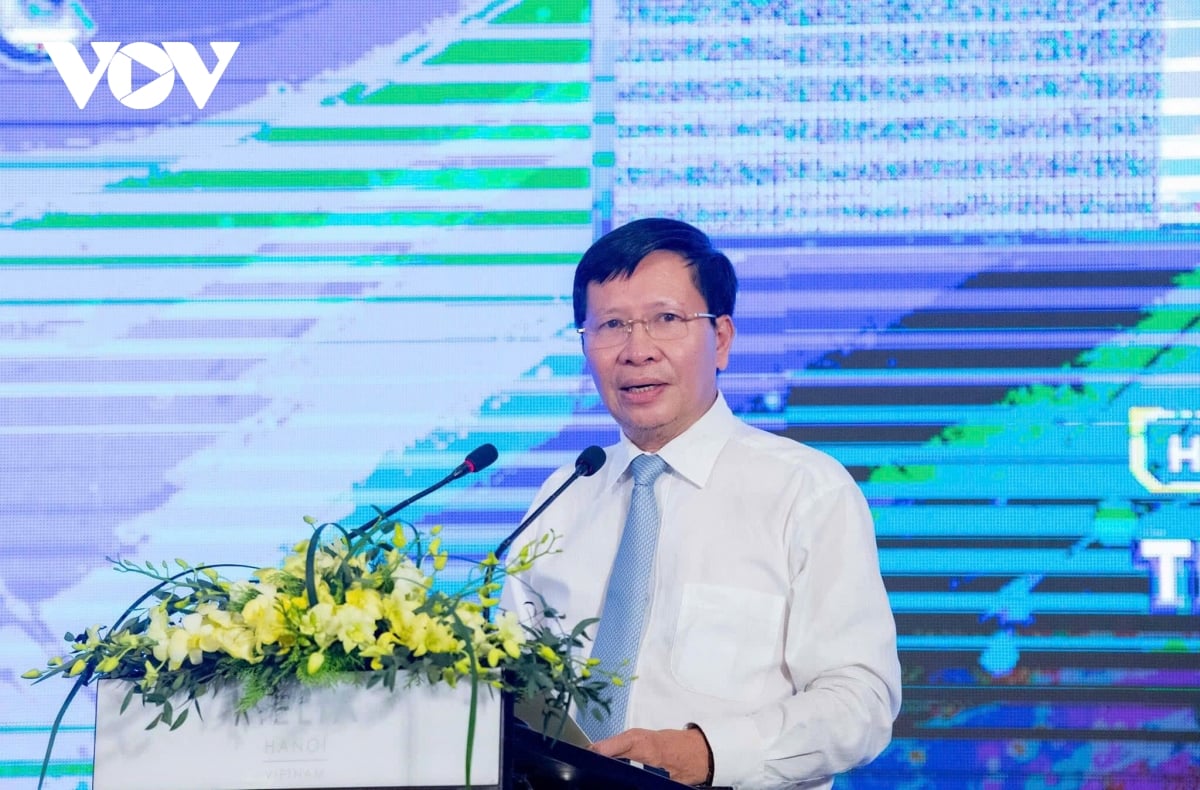
Training orientation from practice
In addition to being trained at school, journalists need to learn skills and experience from major media agencies. Currently, key national press agencies such as VOV, VTV, VNA, Nhan Dan Newspaper... have been actively deploying digital applications in operations, news management, multimedia program content production, data analysis and content distribution, ensuring optimization of production processes, improving efficiency, reducing labor costs, attracting the public and better revenue.
The press agencies also cooperate with major press organizations and groups in the world such as ABU, EBU, DW, BBC, ABC, SMG, etc. to update global trends and technology. From practical implementation, the above press agencies all affirm: To effectively train digital skills, it is necessary to combine theory - practice - technology - ethics, in which the learner is the center and digital transformation is the foundation.
Digital skills vision to 2045
By 2045 – the milestone marking the 100th anniversary of the country’s founding – Vietnam aims to become a high-income, socialist-oriented developed country. In that process, the press and media industry is not only a field of propaganda and information but also plays a strategic role in building trust, spreading digital national values and protecting information sovereignty in cyberspace. Therefore, no one else but the Press and Media must be the pioneer in applying digital technology. Only then can we meet the needs of the public in the new era, attract the public, not let the public be dominated by social networks and cross-border infrastructures, thereby completing the mission of the Vietnamese Revolutionary Press in the digital age as it is today.
According to the report on global trends to 2040 by the US National Intelligence Council (NIC), by 2040, the increasing convergence of technologies, such as artificial intelligence (AI), Internet of Things, robotics, virtual reality, advanced computing, new materials, human-machine interfaces, communication networks, space commerce, etc., will create a hyper-connected world. When combined together, these technology platforms can create the basis for rapid innovation. Accordingly, it will establish a new, advanced, modern production method, deeply impacting the operation of each country, in which press and media agencies are not outside of that impact, and human needs, customs, and habits in accessing and consuming information will also change fundamentally due to the strong support of new technologies and increasingly more dependence on technology.
Therefore, in order to fulfill the role of Vietnamese revolutionary journalism in the new era, future journalists need to be trained and master key skills, which are predicted to bring about unimaginable changes to journalism and media in all countries, such as:
1. Integrated skills in XR (Extended Reality) and metaverse environments. Journalism in the future will shift to interactive platforms, where information is not only heard and read but also “experienced in real life”. Journalists need to be proficient in content production using XR Studio tools, 360 cameras, and virtual reality software such as Unity, Unreal Engine, etc. Building news in virtual space will require the ability to program interfaces and design user experiences directly in the metaverse.
2. Advanced artificial intelligence and personalization skills.
With the rapid development of AI, the press will aim to provide relevant and interesting content to each individual user based on their behavioral profile, interests and needs. Journalists need to be able to use advanced AI analysis tools to create “dynamic content packages” that will attract more audiences instead of “static content”. At the same time, it is necessary to control digital ethics issues such as algorithmic bias and information distortion or “fabrication” of information that often occurs due to AI.
3. Multi-layered data mining and visualization. By 2045, journalism will rely on data, big data, at an unprecedented level: from behavioral data, sensors, to real-time social data. Journalists will not only need to know how to use SQL, Python, Power BI, Tableau tools... to analyze data, but also need to have data analysis thinking and data ethics to ensure transparency, accuracy and objectivity, not just rely entirely on the above tools.
4. Protecting copyright with blockchain and authenticating sources. Not only in the future, but even now, content is being copied, edited, and spread instantly on social networks, at this time blockchain becomes a tool to protect copyright and authenticate the origin of information. Therefore, journalists need to understand the mechanism of smart cooperation, apply digital identification codes to each content and use anti-counterfeiting technology to protect the reputation of mainstream journalism and copyright for authors.
5. Journalistic ethics and political courage in a cross-border environment.
Cross-border information brings us new challenges in terms of ethical standards. Journalists need to be able to differentiate and verify information on cross-border platforms, while maintaining political stance and professional ethics in a multidimensional, complex and turbulent environment.
In short, the vision of digital skills for Journalism and Media by 2045 is not only a long-term goal, but also requires an action plan right now. Training a press team capable of mastering technology and maintaining political will will be the foundation for the sustainable development of Vietnamese journalism and successful international integration.
Source: https://baohungyen.vn/nhu-cau-ky-nang-so-cua-nganh-bao-chi-truyen-thong-tai-viet-nam-giai-doan-2026-2030-3181791.html



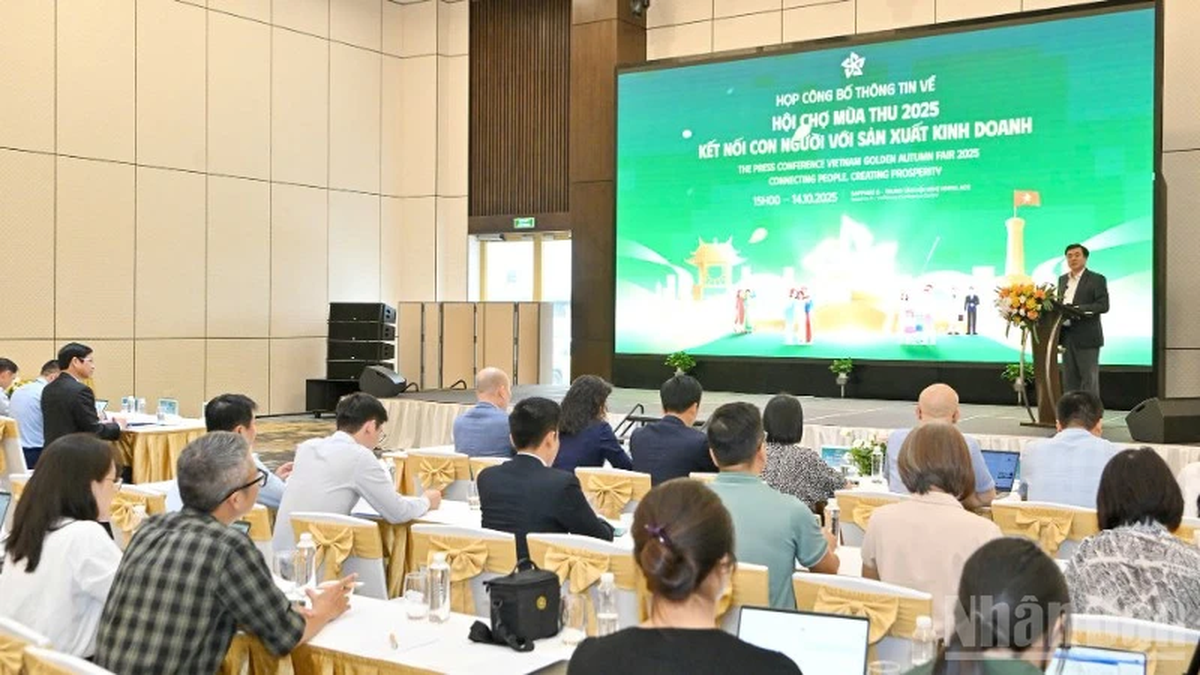



![[Photo] Ready for the 2025 Fall Fair](https://vphoto.vietnam.vn/thumb/1200x675/vietnam/resource/IMAGE/2025/10/14/1760456672454_ndo_br_chi-9796-jpg.webp)
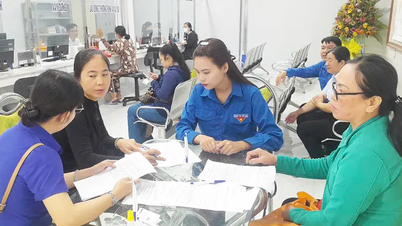

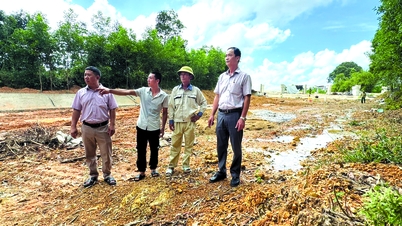




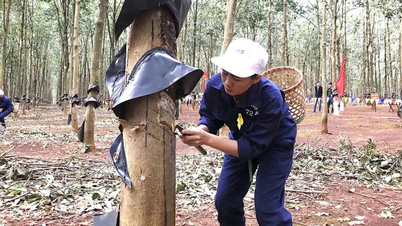

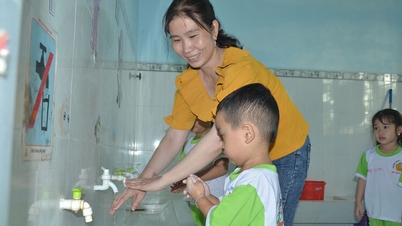



































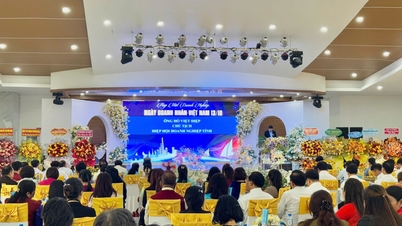
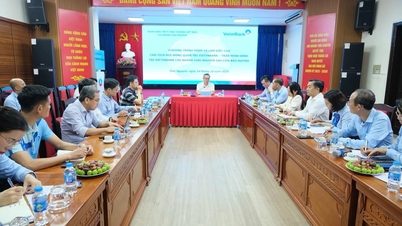









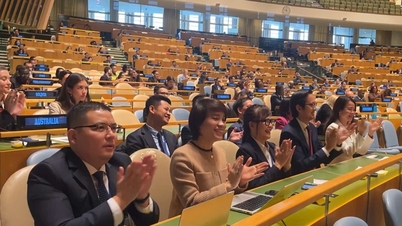






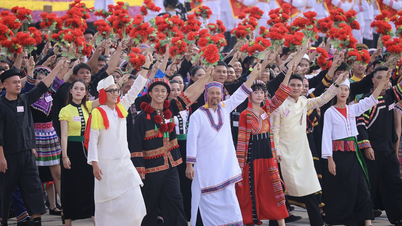
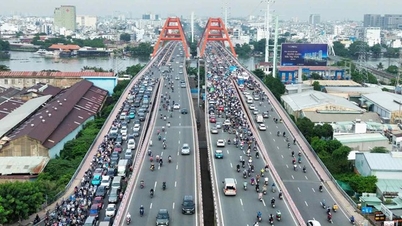
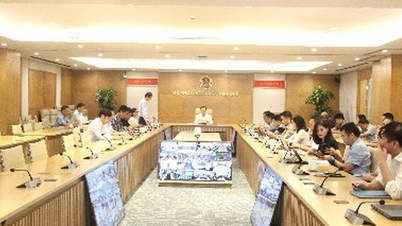

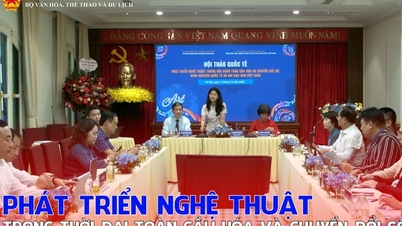


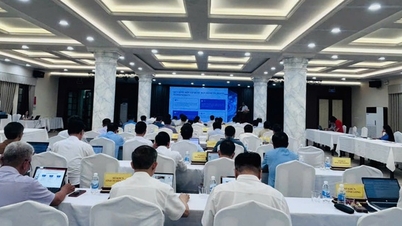


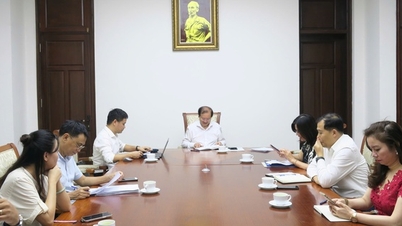
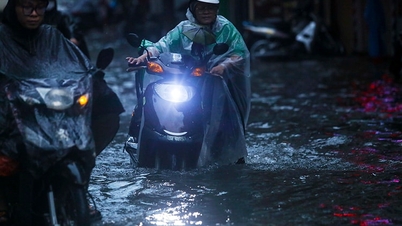



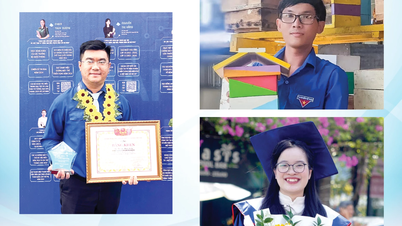


















Comment (0)